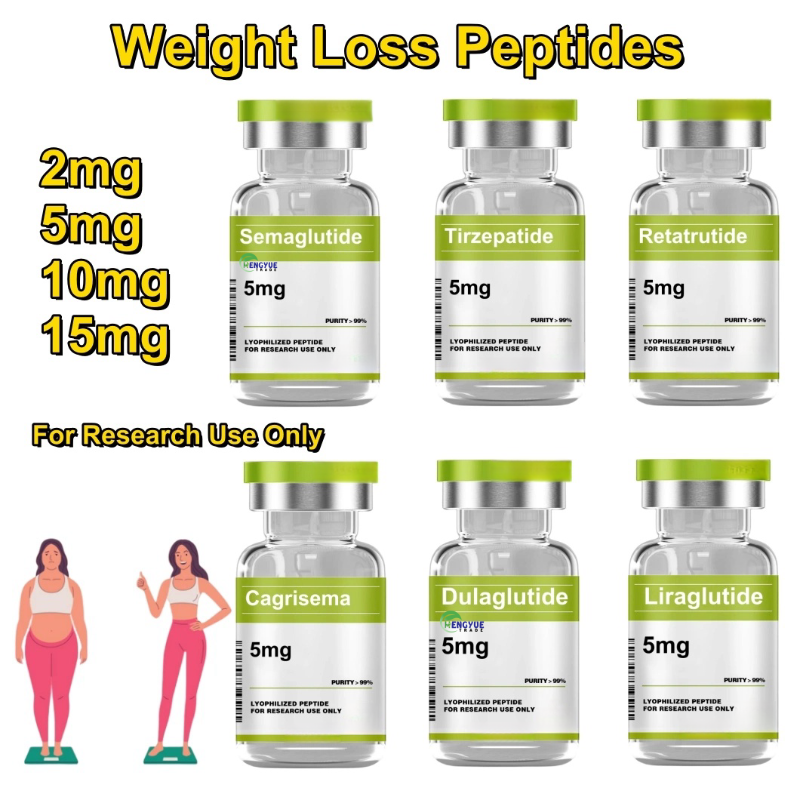-
Categories
-
Pharmaceutical Intermediates
-
Active Pharmaceutical Ingredients
-
Food Additives
- Industrial Coatings
- Agrochemicals
- Dyes and Pigments
- Surfactant
- Flavors and Fragrances
- Chemical Reagents
- Catalyst and Auxiliary
- Natural Products
- Inorganic Chemistry
-
Organic Chemistry
-
Biochemical Engineering
- Analytical Chemistry
-
Cosmetic Ingredient
- Water Treatment Chemical
-
Pharmaceutical Intermediates
Promotion
ECHEMI Mall
Wholesale
Weekly Price
Exhibition
News
-
Trade Service
The 2021 American Society of Clinical Oncology (ASCO) Annual Meeting will be grandly opened on June 4th, Eastern Time
.
As one of the most quintessential parts of the ASCO conference, the annual general conference report has always been the focus of the industry
1.
AstraZeneca/Mersk: PARP inhibitor olaparib
Indications: Breast cancer
Abstract Number: LBA1
Olaparib is a "first-in-class" PARP inhibitor jointly developed by AstraZeneca and MSD
.
The drug targets the DNA damage repair response (DDR) pathway and uses the principle of "synthetic lethality" to kill cancer cells while reducing the impact on healthy cells
At this ASCO conference, the results of the Phase 3 clinical trial OlympiA of olaparib were selected into the plenary conference report
.
According to reports, this is a double-blind, placebo-controlled phase 3 clinical trial aimed at evaluating the effects of adjuvant treatment with olaparib in patients with BRCA1 and BRCA2 mutations and high-risk HER2-negative primary breast cancer after adjuvant chemotherapy
2.
Junshi Bio: PD-1 inhibitor teriprizumab
Indications: Nasopharyngeal carcinoma
Abstract Number: LBA2
Teriprizumab is a recombinant humanized anti-PD-1 monoclonal antibody injection developed by Junshi Biotech.
It has been approved in China for the treatment of specific melanoma, nasopharyngeal carcinoma, and urothelial carcinoma patients
According to reports, JUPITER-02 is a randomized, double-blind, phase 3 clinical study designed to compare the efficacy of teriprizumab or placebo combined with gemcitabine and cisplatin in the first-line treatment of recurrent or metastatic nasopharyngeal carcinoma
.
The research will be reported by Professor Xu Ruihua from Sun Yat-sen University Cancer Center in the plenary meeting
3.
Gynecological Oncology Group (GOG): OUTBACK Phase 3 trial
Indications: Cervical cancer
Abstract Number: LBA3
Cervical cancer is one of the common malignant tumors in women
.
In the treatment of cervical cancer, surgery, radiotherapy and chemotherapy dominate, but whether additional chemotherapy after radiotherapy and chemotherapy can improve the survival of patients is still unclear
According to the ClinicalTrials.
gov website, the OUTBACK trial enrolled 900 patients with locally advanced cervical cancer whose cancer cells have begun to spread to nearby tissues or lymph nodes
.
The main purpose of the study is to determine whether the addition of adjuvant chemotherapy to standard cisplatin-based radiotherapy and chemotherapy can improve the overall survival rate of patients.
4.
Novartis: Targeted radiotherapy 177Lu-PSMA-617
Indications: Prostate cancer
Abstract Number: LBA4
In recent years, radiopharmaceuticals are becoming an important direction in the field of precision tumor therapy
.
Public information shows that 177Lu-PSMA-617 is a precision radiotherapy targeted to prostate-specific membrane antigen (PSMA) obtained by Novartis through the acquisition of Endocyte.
It is intended to be used for the treatment of metastatic castration-resistant prostate.
Cancer (mCRPC)
.
Specifically, it is a precision cancer treatment method that combines targeted compounds (ligands) with therapeutic radioisotopes (radioactive particles)
.
After being administered into the blood, the candidate drug can bind to prostate cancer cells expressing PSMA, and the subsequent emission of radioisotopes will damage tumor cells, destroy their ability to replicate, and trigger cell death
.
Because the radiation of the radioisotope works in a short distance, it does little damage to the surrounding normal cells
.
At this conference, Novartis will announce at the plenary session the results of a randomized, open-label, multi-center, phase 3 clinical trial called VISION, which is aimed at patients with PSMA-positive metastatic castration-resistant prostate cancer To evaluate the efficacy and safety of 177Lu-PSMA-617
.
According to data released by Novartis in March this year: Compared with the control group, the 177Lu-PSMA-617 group significantly improved the overall survival (OS) and radiological progression-free survival of patients with PSMA-positive metastatic castration-resistant prostate cancer.
(rPFS), the primary endpoint of the study was reached; the safety profile is consistent with the data reported in previous clinical studies
.
5.
Merck: PD-1 inhibitor pembrolizumab
Indications: Renal cell carcinoma
Abstract Number: LBA5
Pembrolizumab (Keytruda) is an anti-PD-1 monoclonal antibody developed by Merck, which activates the anti-tumor response of T lymphocytes by blocking the binding of PD-1 to its ligand
.
Previously, it has been approved to treat more than 20 different types of cancer, including the first-line treatment of patients with advanced renal cell carcinoma in combination with axitinib in the United States, Europe and Japan
.
At this ASCO conference, the product was selected for the oral report of the plenary meeting.
It is a randomized, double-blind, phase 3 KEYNOTE-564 study, which aims to evaluate the effectiveness of pembrolizumab in patients with renal cell carcinoma compared with placebo.
The effect of adjuvant treatment after nephrectomy
.







